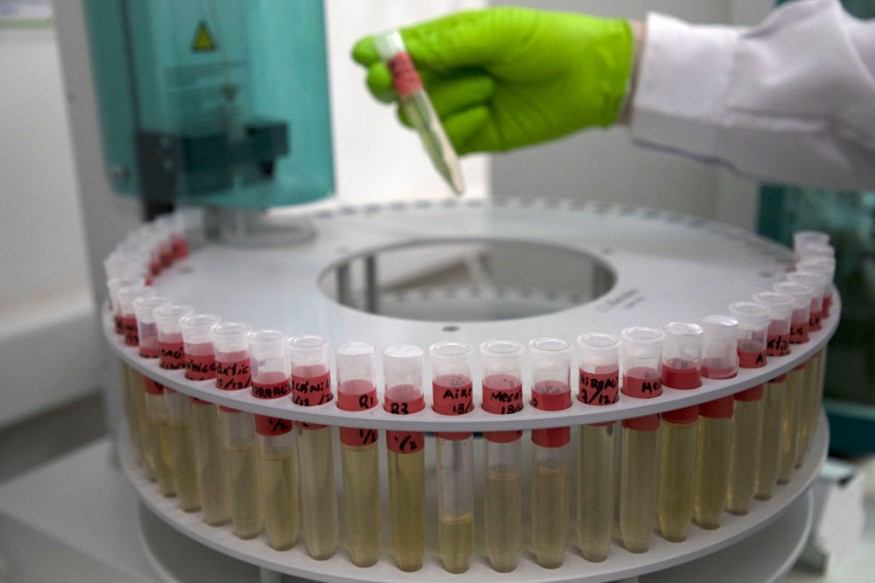
Researchers are now exploring urine analysis as a promising alternative for identifying health issues early, particularly those affecting the genitourinary (GU) tract, which encompasses the kidneys, prostate and bladder.
Revolutionary Urine Analysis Offers New Path for Early Disease Detection
A study conducted by scientists from The University of Texas at Arlington, the Chan-Zuckerberg Biohub and Stanford University has uncovered that examining the RNA and other substances in urine can reveal early indicators of various diseases.
This innovative approach could lead to simpler and more comfortable screening procedures, allowing doctors to detect health problems before they become severe.
Currently, the standard method for diagnosing many GU conditions involves taking a biopsy, which can be uncomfortable and may deter individuals from seeking necessary care, according to Science Daily.
Researchers noted that by analyzing RNA found in urine, they could potentially identify certain diseases in their earliest and most treatable stages, offering a more patient-friendly option.
Researchers gathered urine samples from two groups: individuals without health issues and those suffering from kidney stones. They focused on two types of RNA from the samples: cell-free RNA, which exists in liquid form, and sediment RNA, which comes from solid matter in urine.
By sequencing these RNA types, the research team could identify patterns that suggest whether a person has a medical condition. The findings are exciting, indicating that urine analysis might serve as a "non-invasive liquid biopsy," which could track the progression of diseases like kidney stones and cancer without requiring surgical interventions.
Looking ahead, the researchers plan to use advanced machine learning techniques to improve their ability to detect differences between the RNA and protein profiles of healthy individuals and those with diagnosed illnesses. They hope to discover more biomarkers that could simplify the diagnostic process even further.
Non-Invasive Diagnostic Tool for Cancer Detection
Additionally, prior studies have indicated a connection between specific volatile organic compounds (VOCs) in urine and certain cancers, reinforcing the feasibility of using urine analysis in clinical environments.
The research aims to provide an effective and non-invasive option for high-risk patients and potentially reduce the anxiety associated with traditional diagnostic methods.
Although these initial findings are promising, the researchers recognize the importance of further studies with larger and more diverse populations to validate their results.
Overall, this research has the potential to transform how diseases are detected, leading to earlier and more effective interventions that could significantly improve patient outcomes.
© 2025 NatureWorldNews.com All rights reserved. Do not reproduce without permission.





